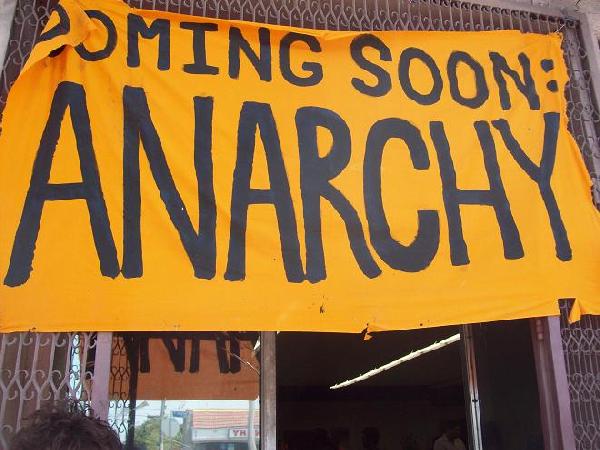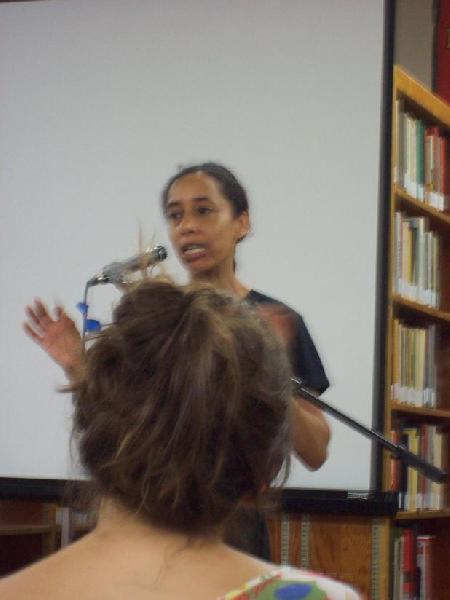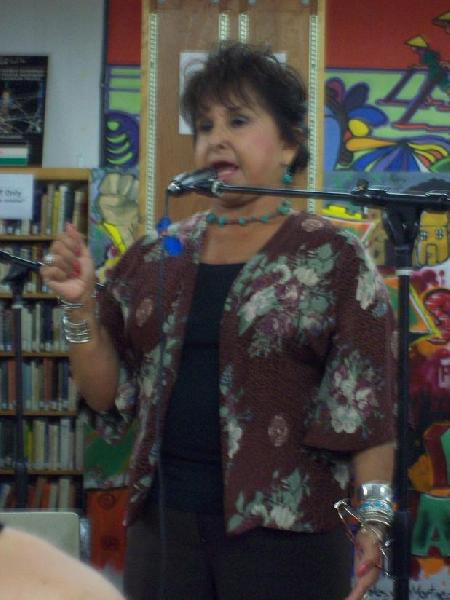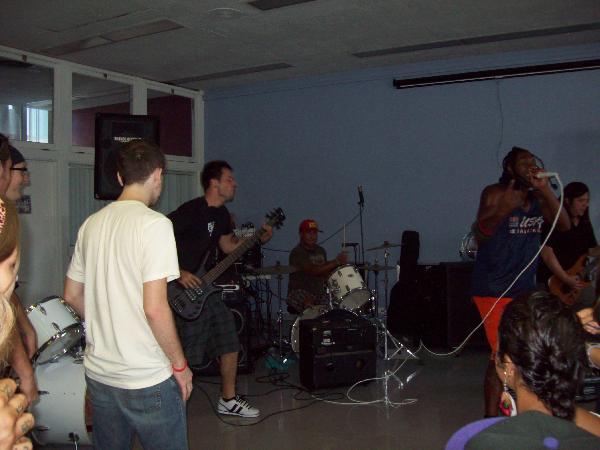| About Us | Contact Us | Calendar | Publish | RSS |
|---|
|
Features • latest news • best of news • syndication • commentary Feature Categories IMC Network:
Original Citieswww.indymedia.org africa: ambazonia canarias estrecho / madiaq kenya nigeria south africa canada: hamilton london, ontario maritimes montreal ontario ottawa quebec thunder bay vancouver victoria windsor winnipeg east asia: burma jakarta japan korea manila qc europe: abruzzo alacant andorra antwerpen armenia athens austria barcelona belarus belgium belgrade bristol brussels bulgaria calabria croatia cyprus emilia-romagna estrecho / madiaq euskal herria galiza germany grenoble hungary ireland istanbul italy la plana liege liguria lille linksunten lombardia london madrid malta marseille nantes napoli netherlands nice northern england norway oost-vlaanderen paris/Île-de-france patras piemonte poland portugal roma romania russia saint-petersburg scotland sverige switzerland thessaloniki torun toscana toulouse ukraine united kingdom valencia latin america: argentina bolivia chiapas chile chile sur cmi brasil colombia ecuador mexico peru puerto rico qollasuyu rosario santiago tijuana uruguay valparaiso venezuela venezuela oceania: adelaide aotearoa brisbane burma darwin jakarta manila melbourne perth qc sydney south asia: india mumbai united states: arizona arkansas asheville atlanta austin baltimore big muddy binghamton boston buffalo charlottesville chicago cleveland colorado columbus dc hawaii houston hudson mohawk kansas city la madison maine miami michigan milwaukee minneapolis/st. paul new hampshire new jersey new mexico new orleans north carolina north texas nyc oklahoma philadelphia pittsburgh portland richmond rochester rogue valley saint louis san diego san francisco san francisco bay area santa barbara santa cruz, ca sarasota seattle tampa bay tennessee urbana-champaign vermont western mass worcester west asia: armenia beirut israel palestine process: fbi/legal updates mailing lists process & imc docs tech volunteer projects: print radio satellite tv video regions: oceania united states topics: biotechSurviving Citieswww.indymedia.org africa: canada: quebec east asia: japan europe: athens barcelona belgium bristol brussels cyprus germany grenoble ireland istanbul lille linksunten nantes netherlands norway portugal united kingdom latin america: argentina cmi brasil rosario oceania: aotearoa united states: austin big muddy binghamton boston chicago columbus la michigan nyc portland rochester saint louis san diego san francisco bay area santa cruz, ca tennessee urbana-champaign worcester west asia: palestine process: fbi/legal updates process & imc docs projects: radio satellite tv |
printable version
- js reader version
- view hidden posts
- tags and related articles
Coming Soon: Anarchy!by Rockero Wednesday, Aug. 05, 2009 at 3:07 PMrockero420@yahoo.com Second Southern California Anarchist Conference and Feria Libertaria
Saturday and Sunday, August 1 and 2, 2009
LOS ANGELES - Over a span of two days, hundreds of people from across the region converged to participate in the Second1 Southern California Anarchist Conference and the Feria Libertaria, an anarchist cultural fair. Despite the serious topic being discussed, that of constructing a genuinely free and non-hierarchical society, the relaxed atmosphere at both of the events was a perfect companion for Southern California's informal summer vibe. Saturday's conference was held at the Southern California Library for Social Studies and Research in South Central Los Angeles. After a short welcome from some of the organizers and a few announcements regarding schedule changes, a member of the library's staff gave us some background on the institution's history, as well as some of the current projects, such as the upcoming book drive for the children of the neighborhood. With that, the workshops and panels began. In the library's reading room, Vlad lead a discussion on "piracy and hooliganism," which touched on recent news stories regarding Somali "pirates" and the riot that followed the Lakers championship victory and how they relate to anarchist theory and current anti-authoritarian struggles. Out in the garden, Manny and Autumn discussed the Echo Park Time Bank, an institution that coordinates the exchange of services between individuals without using currency as the medium of exchange. This growing collective of individuals in the Echo Park area is an example of an alternative to the cash economy, which is becoming all-the-more important as the economic crises worsen and unemployment grows. And equally as important, since there is no exchange of money, the government is not able to tax the exchange. Even barter is taxable, but time exchanges, fortunately, are not. While a time bank cannot supplant the capitalist economy and offers no direct challenge to the oligarchies, its implementation is very useful for creating and strengthening community and localizing economies. Inside the main room, a panel discussion became a group conversation about alternative educational models. Professor Sirena Pelarollo shed light on ongoing efforts to build local alternative autonomous educational initiatives. Excitement was felt by all as individuals, many of them teachers, professors, and students, shared their experiences with the authoritarian nature of the mainstream educational system. They also expressed a desire to share resources in hopes of establishing local non-hierarchical educational institutions. Representatives of the Institute for Anarchist Studies were also present to discuss the institute and the ways it can supports anarchist research and the importance of documenting our current struggles for scholars and activists of the future. Upstairs, members of the Revolutionary Autonomous Communities (RAC) discussed their efforts to build a movement to resist capitalism and white supremacy through mutual aid, as exemplified by the food program, which distributes food to around 250 families weekly by involving the families and community members in the collection and distribution. After a leisurely break, which provided a welcome respite for speakers and translators, the second workshop session began. In the main room, six panelists discussed the Los Angeles-area collectives of which they had been part, including the Los Angeles Anarchist Center, Windchime House, the Black Star Collective, the Long Beach Youth Federation, the Alternative Gathering Collective, Riot Grrl, and the Los Angeles Anarchist Black Cross Federation. They explained how their collectives were formed, and elaborated on what they were excited about, sharing ideas with workshop attendees for future projects that they found successful. Upstairs, members of the Los Angeles branch of the Industrial Workers of the World discussed "the US labor movement and the anarchist tradition," and the Insane Dialectical Posse discussed class war as it relates to the economic crisis, proposing anti-capitalist alternatives. Alongside them, Gifford also spoke about labor's militant but hidden history in the United States. Following the second round of discussions, Food not Bombs provided a delicious vegan meal including lentils and rice, fresh bread and fruit, and vegan burritos. As the representative of the Pittsburgh Organizing Group, which is coordinating resistance to the G20 summit in late September, was unavailable, conference attendees instead enjoyed a lengthy networking session, making new friends and developing affinities. As the lunch hour ended, we were pleased to welcome a member of the Tongva nation. "To acknowledge where we're at, and being that this is Tongva land, we want to pay respects, but not just pay respects, but we wanted to actually create some space and we have somebody here from the Tongva nation that's going to share and we ask you to pay respects." Angie Dorame Behrns discussed what it was like growing up as an indigenous woman in Los Angeles, and talked about her struggle to the sacred springs of Kuruvungna, which are located on the campus of University High School on the West Side. She then answered questions, and invited us all to the Gathering at Kuruvungna. Kuruvungna is Tongva for "Place where we are in the sun." During the question-and-answer session, the speaker discussed her outrage at the exhumation of indigenous remains. "Trying to save our culture, what we say is, 'Keep the remains where they were interred. Leave them there. Don't dig them up.' Nobody goes to the Chinese gravesites, or Japanese graves. They don't dig them up. They don't dig them up! They're protected. But we, the indigenous people? Unh-unh. We're not protected. The developers can go dig them up, as long as they have a Native American monitoring, they can dig up Playa Vista, one of the biggest burial sites in America!"2 The speaker ended by reciting a poem. In the last round of workshops, Sherman Austin discussed how to make use of the independent media, including radio, the internet, and cell phones to resist police brutality and other forms of oppression. He discussed the various aspects of raise the fist, and also guided us through how to create and operate an emergency response alert network through the website. In the main room, Alex Sánchez's brother Oscar and other members of the community discussed the situation of the indicted anti-gang activist, as well as repression in general against activists, while upstairs, members of the coordinating committee of next week's Clitfest, Women's Creative Collective for Change, and Anarcha-LA (an anarcha-feminist group who also provided childcare for the younger participants) discussed feminism and issues affecting the female-identified and non-gender-conforming communities. Meanwhile, there was an impromptu APOC caucus in the reading room. For the final event of the day, comrades from the Black Rider Liberation Party read aloud their guide to survival in the new "Obama" millenium, which was published in the latest issue of Anti-Racist Action's Turning the Tide. They then took questions from the audience. Following the presentation, a general assembly was convoked. Organizers asked people to gather in the center of the room and to share their reactions, criticisms, questions, with everyone present. We ended with a call for announcement for future events and actions. The next day, despite a few contretemps, last-minute cancelations, and schedule changes, many people arrived to the UCLA downtown labor center across from MacArthur Park to enjoy the music, art, food, and literature that was shared. As they arrived, they were able to see, many for the first time, RAC's food program in action. Inside, vendors of radical reading material, some traveling great distances, came to sell their wares, and many local organizations shared information and did outreach. Local youth walked in to see what was going on, and artists led stencil-making workshops. Organizers urged attendees to patronize local vendors, and later in the day, Food not Bombs arrived with large quantities of free food. In comparison with last year's first annual Los Angeles anarchist bookfair, the turnout at each of the weekend's events was markedly lower. However, the scheduling of the conference (longer workshop sessions with longer breaks in between and block of time for networking) allowed for a increased dialogue, and increased quality thereof. And the feria libertaria allowed for the integration of the cultural arts as a visibly present aspect of our freedom-loving movement, and was judged by the organizers as an overall success. _______________________________________ 1. The first Southern California Anarchist Conference was held two years ago and was raided by police, who permanently shut down the space of a solidary community and media organization. See Southern California Anarchist Show Shut Down by Police, 19-12-2007. 2. For more information about the remains at Playa Vista, see these articles: Bates, Karen Grigsby. "At Playa Vista, a Controversy over Indian Remains," NPR. May 1, 2007. http://www.npr.org/templates/story/story.php?storyId=9940767 and Madigan, Nick. "Developer Unearths Burial Ground and Stirs Up Anger Among Indians." Los Angeles Times, 2004-06-02. http://www.nytimes.com/2004/06/02/us/developer-unearths-burial-ground-and-stirs-up-anger-among-indians.html?pagewanted=all
Report this post as:
Library staffby Rockero Wednesday, Aug. 05, 2009 at 3:07 PMrockero420@yahoo.com
At the conference, 1/aug/09
Report this post as:
Angie Behrnsby Rockero Wednesday, Aug. 05, 2009 at 3:07 PMrockero420@yahoo.com
At the conference, 1/aug/09
Report this post as:
Fresher Fleshby Rockero Wednesday, Aug. 05, 2009 at 3:07 PMrockero420@yahoo.com QuickTime movie at 96.4 mebibytes At the Feria.
Report this post as:
(Didn't catch the group's name. But they rocked the house!)by Rockero Wednesday, Aug. 05, 2009 at 3:07 PMrockero420@yahoo.com
At the feria
Report this post as:
|






